
Aktuelno
Članak
Is Covic lobbying for some old projects: Evicting the nations
The BH Presidency member and the leader of HDZ, Dragan Covic, yesterday in Mostar announced a reorganization of the state of BiH, underlining that the Croats in reorganized BiH will live on the territ
.jpg.webp)
By: Sead OMERAGIC
The BH Presidency member and the leader of HDZ, Dragan Covic, yesterday in Mostar announced a reorganization of the state of BiH, underlining that the Croats in reorganized BiH will live on the territory 'liberated and defended by HVO'. It was, in a way, a call to a big move of the people. Mere fact that Dragan Covic is dealing with that kind of issues is signaling a continuation of one evil politics for which all peoples of BiH, particularly the Croats, paid a high price.
Who has been so far dividing Bosnia and Herzegovina, expecting people to move? Why the story about freedom of only what HVO liberated? Why the horror of ethnic cleansing has not been stopped forever, the one that aimed at destroying thousands years of joint life in Bosnia and Herzegovina? There are hundreds examples that prove that so-called 'humane move' was promoted and implemented in parallel with ethnic cleansing. Is that the basis for finishing the project in times of peace? As one of his arguments, Covic stated that Sarajevo is ethnically clean. We should then remember Karadzic's envisaged concept of dividing Sarajevo with walls, within which all 3 peoples would leave separately. He said to Ambassador Warren Zimmermann, straight to his face. 'Do you think that Sarajevo would look like Berlin before the wall came down', asked Zimmermann back. 'Yes, our vision of Sarajevo is like Berlin when the wall was still', explained Karadzic.
In March 1994, in an interview with 'Feral', Friar Luka Markesic shared the answers Sarajevo Croats got to their question what would happen with them: 'We will send buses for them to move out. As far as we are concerned, those who do not enter the bus, will no longer be Croats... There are valid proofs of scenarios by which Croats were forcibly moved out from some territories by HVO, friar Luka Markesic said at the time.
One could say that any similarity with Covic's announcements is intentional. In September 1995, one of the opposition leaders in Croatia, Zdravko Tomac, wrote in 'Globus' about exchange of territories and population under the headline 'Ahead of Geneva negotiations Croatia offered to Serbs Bosanska Posavina in exchange for Grahovo, Glamoc, Drvar and Popovo Polje': ...There's certain system in that craziness and chaos, nothing is coincidence... Information about map making, politicians who are passionate about making maps of various divisions of BiH kept leaking into public... For a long time, war operations and movements of people have been taking place by some phantom plan aimed at changing ethnic picture of BiH by combination of war and 'humane' moving, Tomac wrote.
Miko Tripalo said about groups of map makers who had worked in Tikves where Tudjman and Milosevic met: 'I have findings that the groups have a task of dividing Bosnia not into 3 but into 2 parts – Serb and Croat. Muslim part was not mentioned at all.'
In April 1991, Milosevic offered to Tudjman 'parts of Bosnia that Serbia does not need'.
Well known American reporter, Peter Maass, in his book 'Love Thy Neighbor: Story of War' wrote about ethnic cleansing and 'humane movement' of the population: 'The aim was to kill the history'. Unfortunately, Peter Maass was right. Killing history happens in the times of peace too, with new protagonists.
In May 1993, at the time of most fierce fighting between BH Army and HVO, vice president of Croat 'Herzeg-Bosnia', Anto Valenta, submitted an official proposal of 'humane movement' to UNHCR sub-office in Zenica. He held that the only solution for the conflict was to encourage and organize mass civilian movement.
Somewhere in the middle of the war, Mate Boban was interviewed by British 'The Guardian'. In the course of the interview, he asked UNHCR to evacuate 100,000 Croats from central Bosnia. The first person of UNHCR, Jorge Luis Mendelucce witnessed Boban's ideas, naming it a new form of ethnic cleansing, as the world had not seen it before.
Academic Dusan Bilandzic, Tudjman's advisor at one time, observed with great concern the treatment of Bosnian Croats in Croat journalism. In June 1993, Bilandzic wrote: 'There are insinuations in Croat media that Croats have nothing to do in Bosnia. For example, Josip Jovic wrote in 'Danas' of 28 May 1993: 'Stories about heavy presence of Croats in the whole of Bosnia are only – stories.' Contrary to that, the author emphasized the importance of Herzeg-Bosnia for Croatia as 'important geopolitical space'. It is symptomatic how little Croatia is fighting – with the exception of friars – for Croats to remain in Bosnia. Just recently, 'Vijesnik' cited reports of Italian reporters from Split about our government suggesting moving out of war zones. Is that an announcement of a wider move of Croats from Bosnia?, Bilandzic wondered.
What is it then that Dragan Covic is saying today, a quarter of the century later?
On the other side, an ethnically clean West Herzegovina was being created. Tadeusz Mazowiecky, special reporter of the UN General Secretary, wrote regularly in his reports about ethnic cleansing. About ethnic cleansing in Mostar he wrote: 'In June 1993, a planned and bloody division of the city along the ethnic lines began. It was reported that only on 14 and 15 June several thousands of Muslims were evicted from their homes in the west side of Mostar and forcibly pushed across the bridge under heavy shooting of HVO to the east side that was under RBiH Army. The witnesses of the evictions in June 1993 reported that HVO soldiers were burning in the streets identification documents of the Muslims, including papers of their properties, houses and flats. It was also reported that the Croats who tried to protect their neighbors were also evicted and forced to cross to the east side of the city', Mazowiecky wrote. John Pomfret, the Washington Post journalist, witnesses the ethnic cleansing of Bosniaks from Herzegovina by HVO. He wrote that 6,000 civilians were detained at the concentration camps around Mostar. According to UNHCR, over 50,000 Bosniaks in Herzegovina were evicted from their homes.
In January 1994, 'Globus' published an interview with Josip Manolic: 'Mate Boban urged Croats to move out of central Bosnia and go to islands or to Istria'.
According to Norman Cigar, a US journalist, 'Boban appeared in person on radio trying to convince to move to coastal parts of Dalmatia and Istra those Croats who accept to leave their homes in Central Bosnia', Cigar wrote in his book 'Genocide in Bosnia'.
Such horrid politics towards Bosnian Croats was strongly opposed by numerous Croat opposition politicians, renowned artists, journalists and Catholic Church which had tried everything to prevent the conflict. The strongest force were the friars of 'Bosnia Srebrena', the most prominent guards of Bosnia throughout its history. Boban brutally reacted to Cardinal Kuharic's appeal to peaceful coexistence between Croats and Bosniaks, accusing him of working against interests of Croat people. Gojko Susak, Croat defense minister, joined Boban in his accusations, challenging the cardinal to 'go to Herzegovina to get better informed'.
Is there any way to stop that national strategy of moving people as it has brought only catastrophe to the peoples of BiH? This, perhaps, may be the right time for the Croats to turn their back to such unnatural projects and, as its autochthon people, decide in favor of Bosnia and Herzegovina as their motherland.
#English
Najnovije
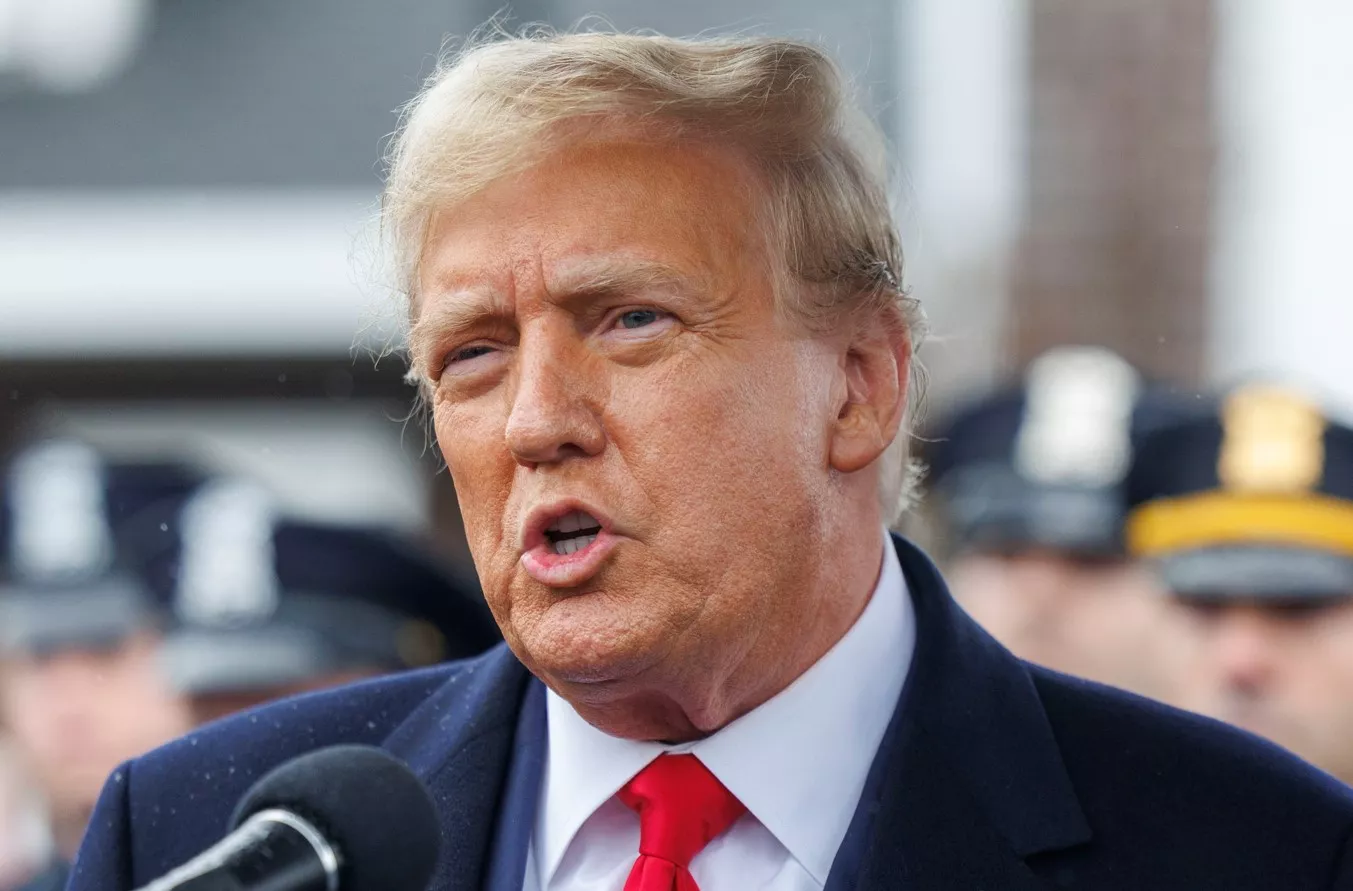
Trump: Počelo je zlatno doba Amerike
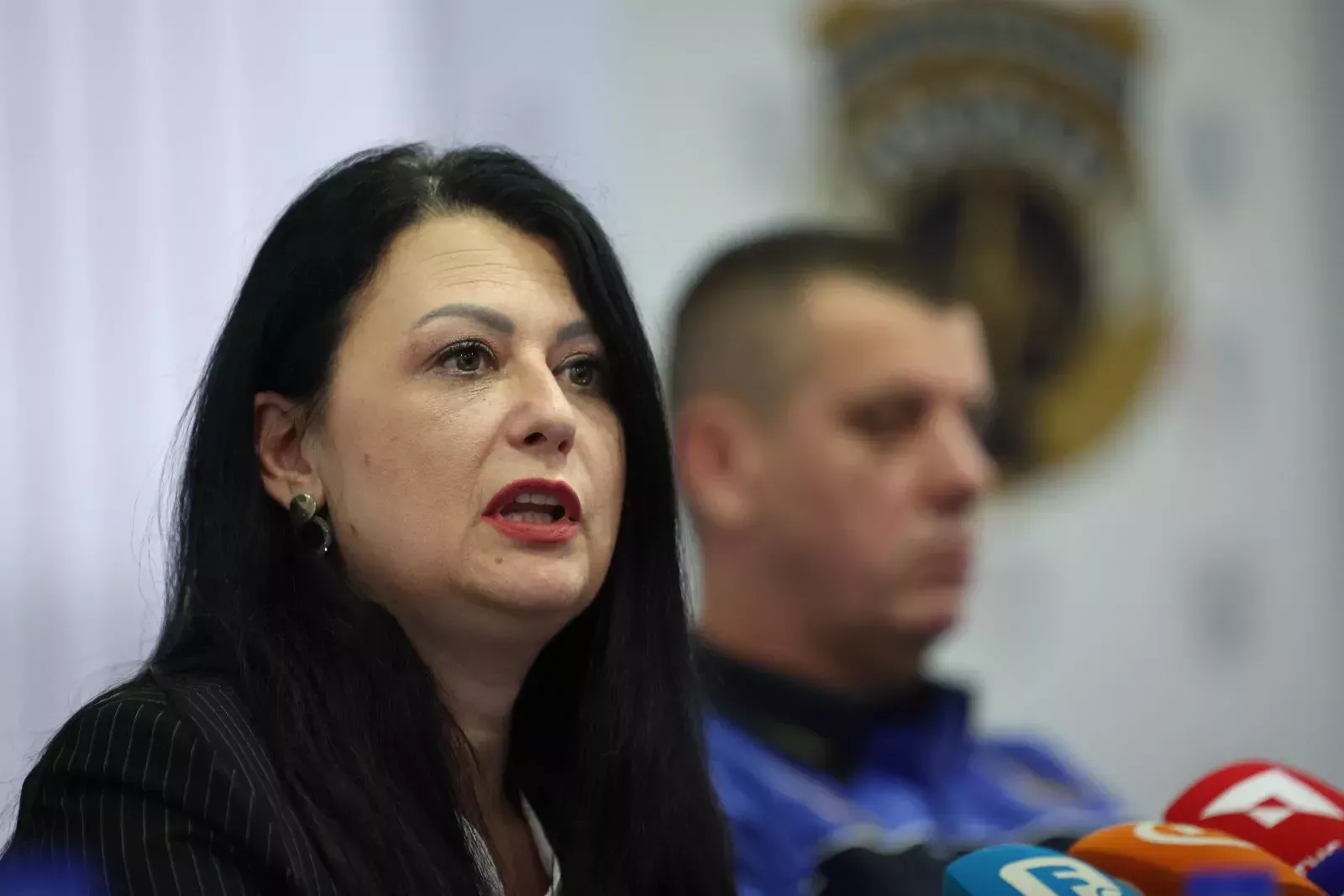
Dugalija i Hajdarević danas o istrazi u slučaju tragične tramvajske nesreće
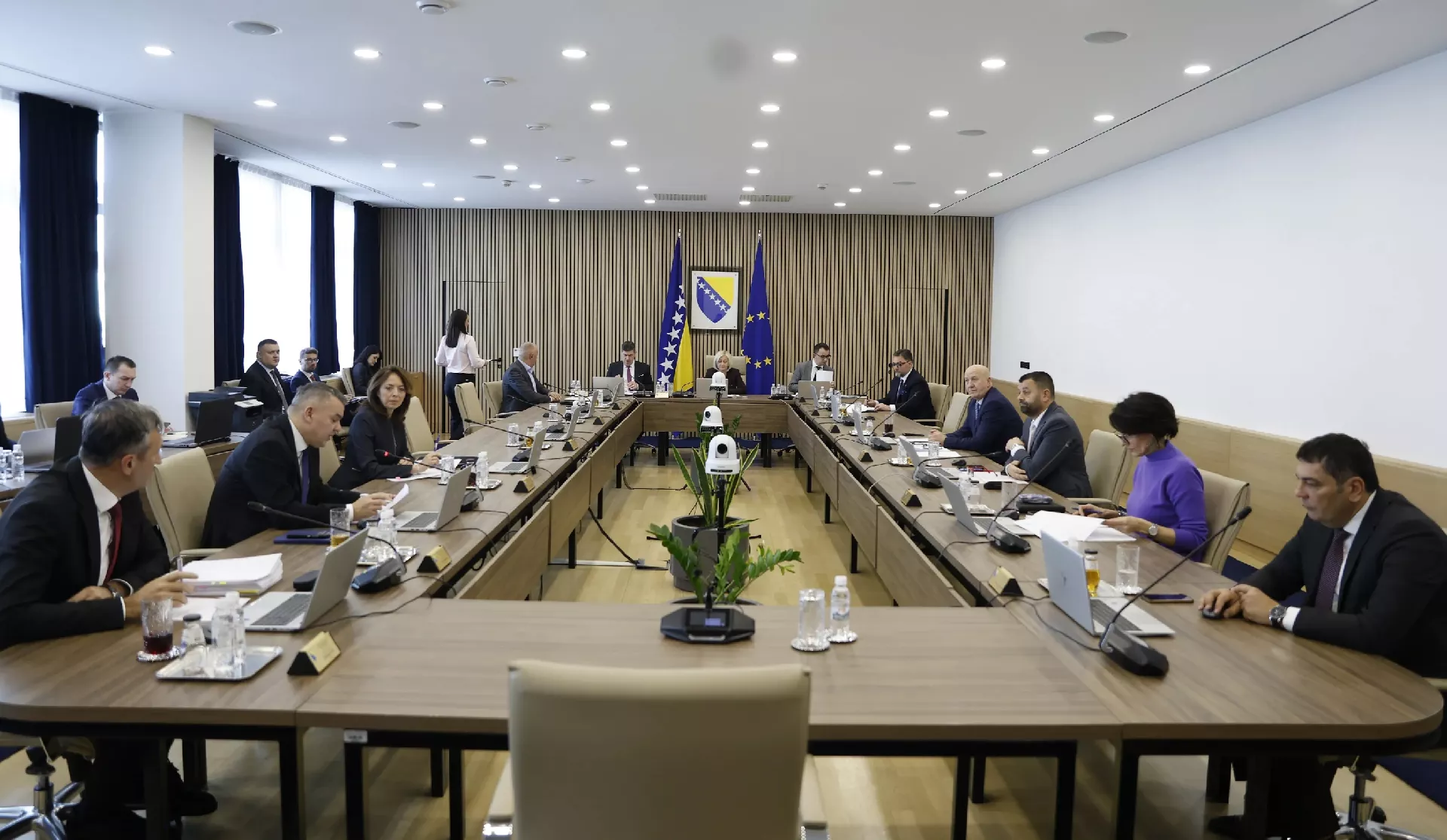
Vijeće ministara BiH danas o Nacrtu zakona o dopunama Zakona o komunikacijama
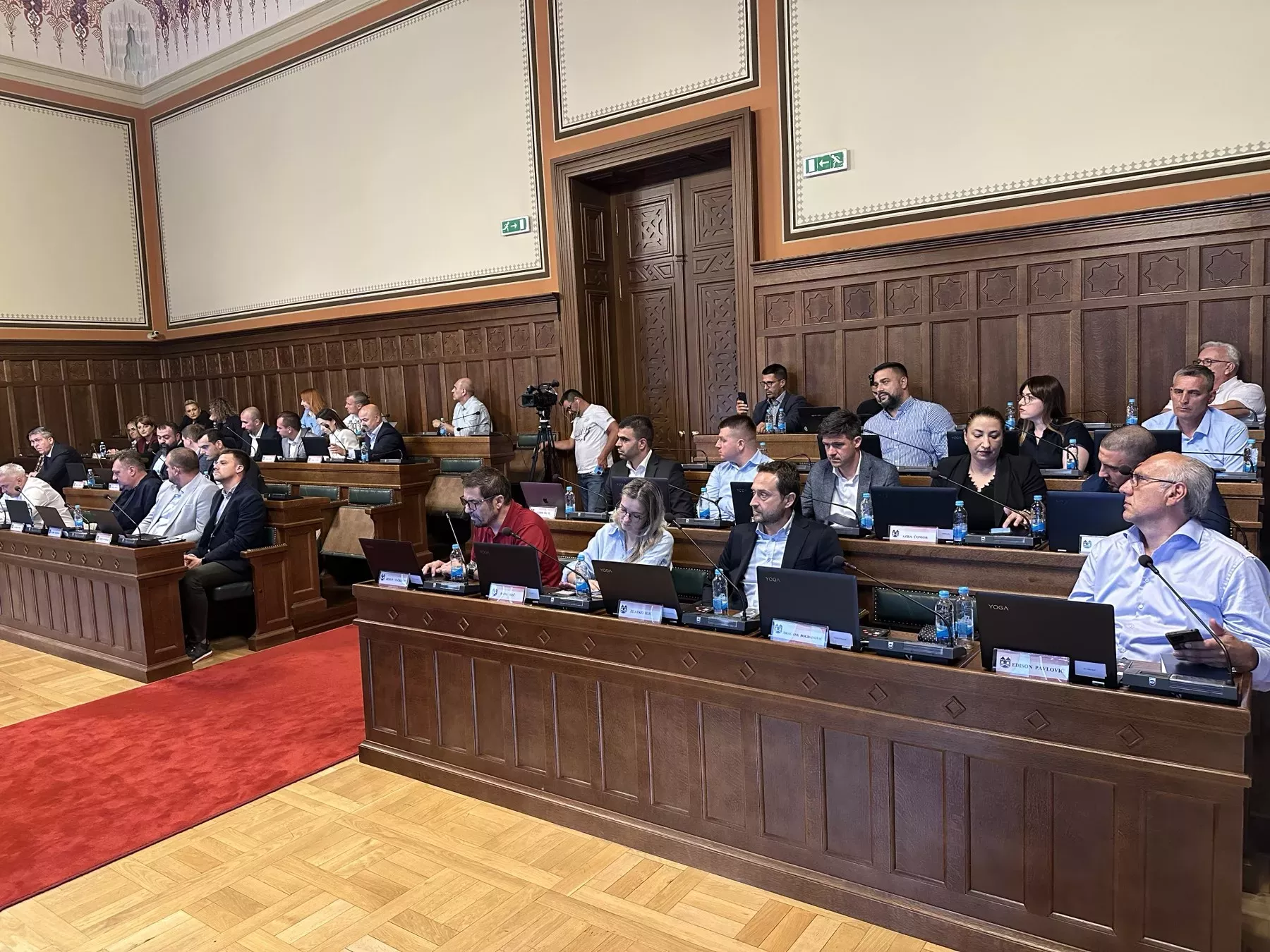
Gradsko vijeće Sarajeva danas o odlukama o dodjeli priznanja
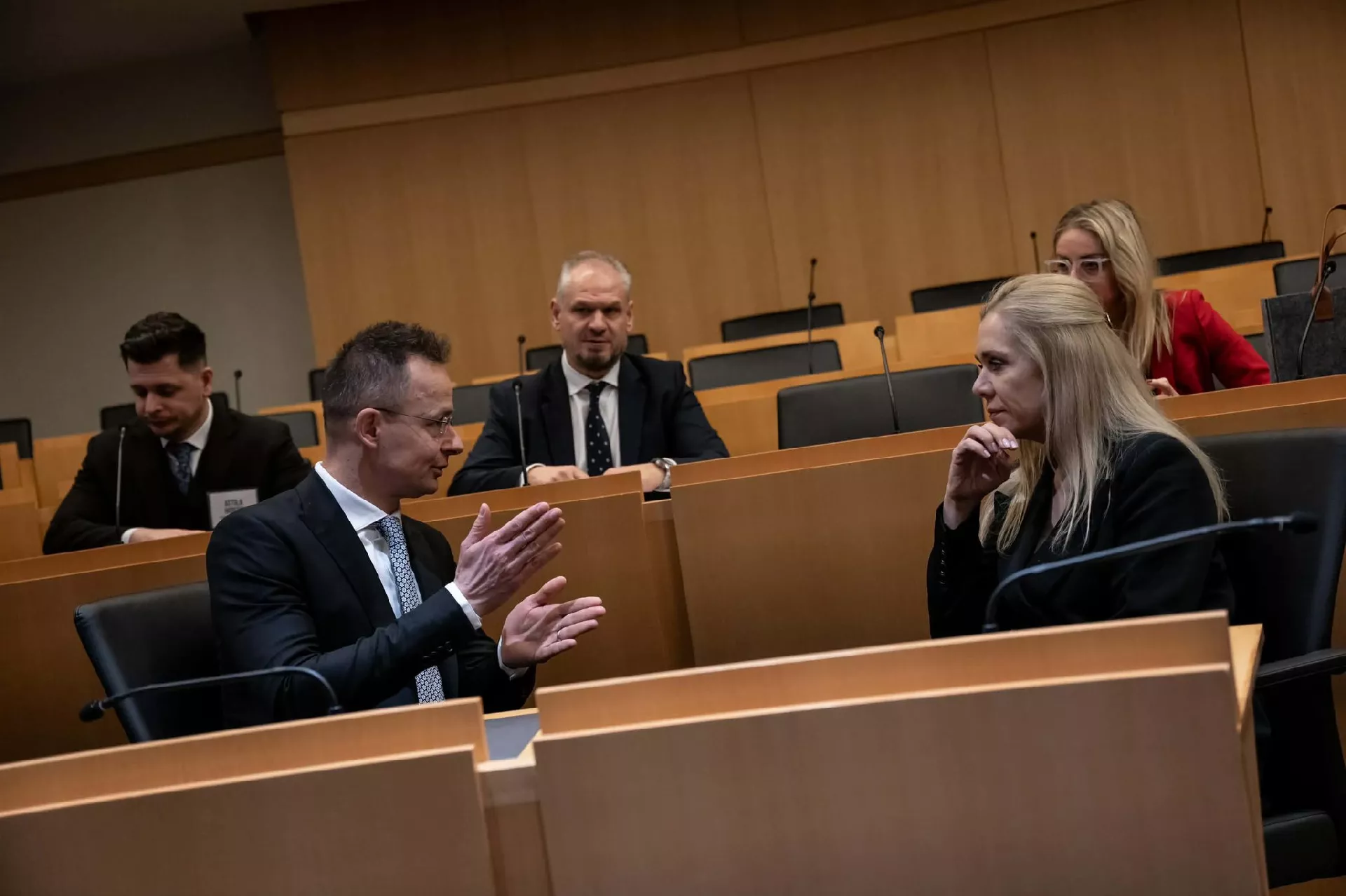
Szijjártó: Mađarska i Slovačka odupirat će se ukrajinskim ucjenama do samog kraja
Najčitanije
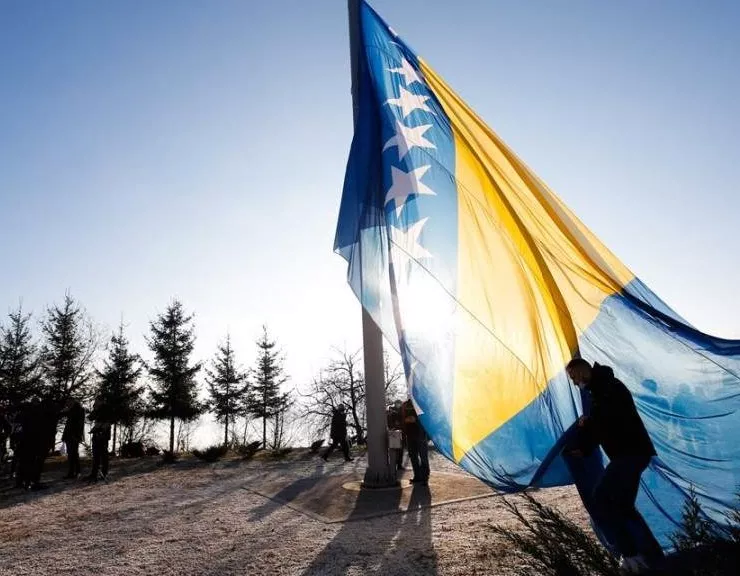
Dan nezavisnosti BiH obilježava se 1. marta i ne prenosi se, Hota-Muminović proglasila i 2. mart neradnim danom?
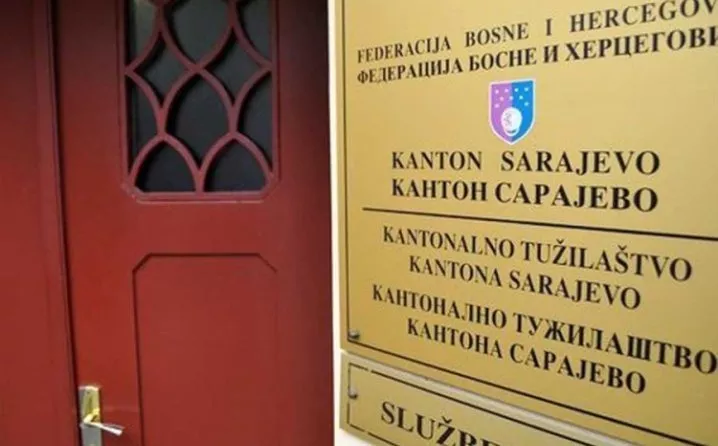
ŠTETA I UK NE ZNAJU Tužilaštvo KS neće provoditi istragu o dugu KJKP Gras zbog neplaćanja poreza i doprinosa
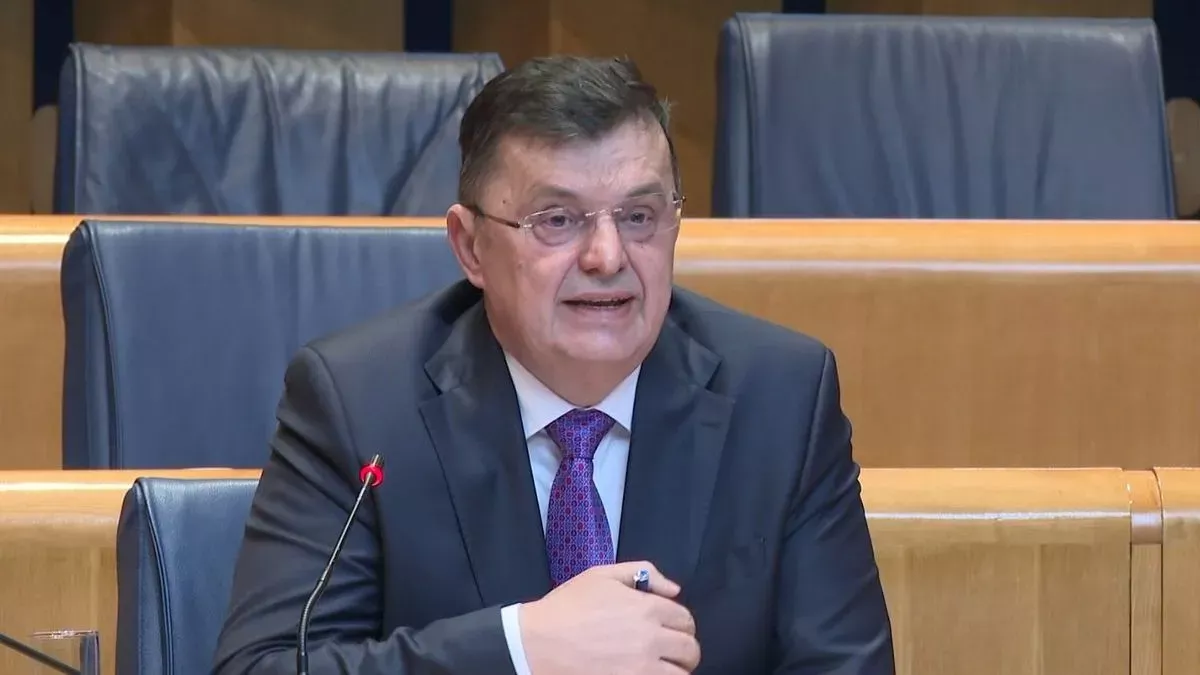
Komisiji za borbu protiv korupcije stigle prijave: Ko unaprijed gradi carinske terminale za UIO i kome se pogoduje
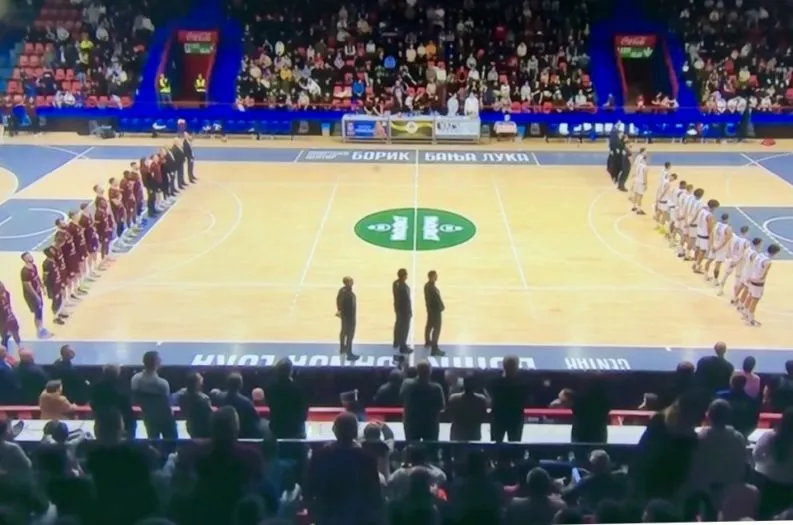
UTAKMICA BORCA I BOSNE U Banja Luci izviždana i prekinuto intoniranje himne BiH
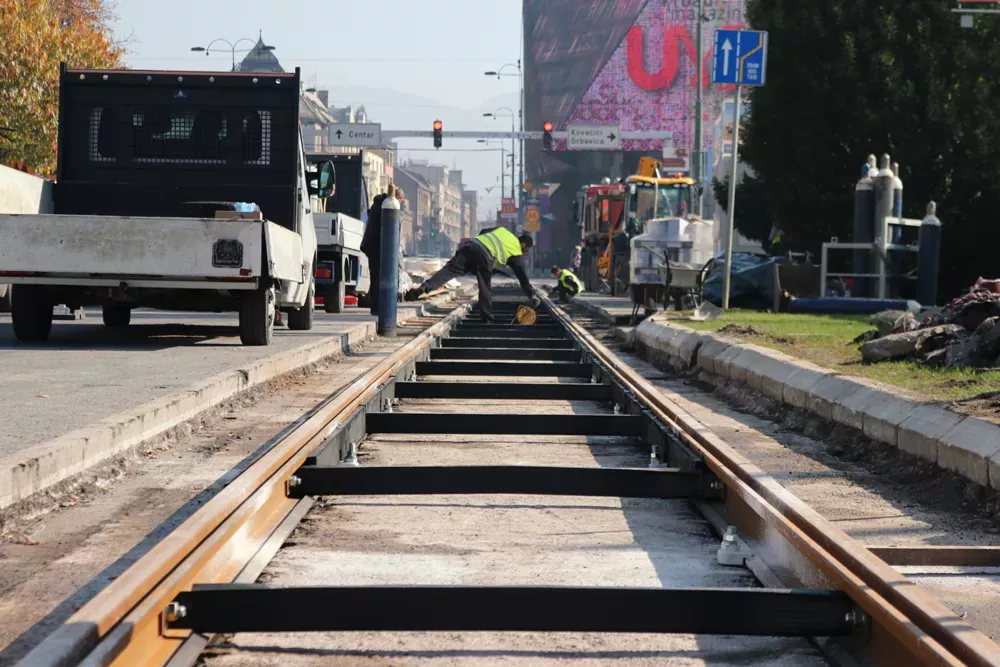
Vlada KS: Rekonstruisana tramvajska pruga ima sve upotrebne dozvole
